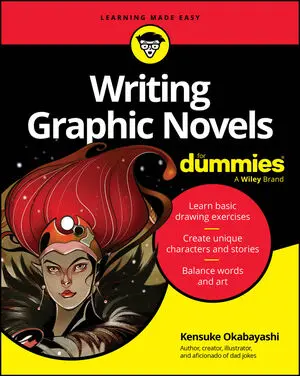A great way of getting the data you need for your dissertation research question is by interviewing people. You can approach interviewing in a number of ways; the methods you choose depend on what you’re trying to find out. The kinds of methods you can choose include:
Life history
Paired
Formal
In-depth
Narrative
Racial or cultural groups
However, the most common interview methods used for undergraduate dissertations are one-to-one, semi-structured or structured methods and I’m focusing on these methods in the following sections.
Before deciding on using interviewing as a way of generating empirical data you need to think about the advantages and disadvantages of conducting interviews:
Advantages: The flexibility that interviewing allows. You can change the direction of discussion in an interview and capitalise on ideas that come up that you didn’t expect.
Disadvantages: The biggest problem with interviews is the amount of preparation you have to put in and the amount of follow-up time needed (plus the time taken on the interview itself).
The quality of an interview depends on both the interviewer and the person being interviewed. You only have control over how well you carry out the interview and no matter how carefully you choose your subject, you can’t predict the worth of her responses.
Whether you choose a semi-structured or structured method of interviewing, your main task is to listen. The interview is about the person you’re interviewing, and not about you. Keep your comments on the answers you’re given to a minimum.
To help you decide who you want to interview and which method of interviewing to use, you need to think about exactly what kind of data you want to collect. Start by making a list of the sort of facts you’re trying to discover.
You can choose to interview individuals or small groups. When you conduct an interview with a group it’s usually known as running a focus group, which just means that there’s more than one subject and you’re focusing on a particular issue or concern. The points in this section about interviewing are directed mainly at one-on-one interviews, but are also relevant to focus groups.
Preparation is key. Work out what you need to do to make sure that your interview is worthwhile and that you go into the interview with everything planned and organised.
Here are some practical steps to take before carrying out an interview:
Discuss your plans with your tutor or supervisor and get your plans agreed before you go further.
Contact the person you want to interview (by phone, email or letter) and after introducing yourself set out what you’re trying to achieve by doing the interview.
Make an appointment with the person you want to interview at a time to suit her.
If appropriate, make sure that you get permission from your subject to record the interview.
Discuss the timing of the interview with the person you’re interviewing making sure you’re both clear how long the interview is going to take and that you have somewhere suitable to carry out the interview.
Make sure that you’re thoroughly prepared – that you’ve clearly noted your list of questions in the order you’re going to ask them and check that you have pens, pencils, batteries and any other equipment you may need.
Be sure to give yourself enough time for getting to your interview destination; having made certain that you’re expected.






